L’effet Placebo: How Lies Could Heal Our Bodies
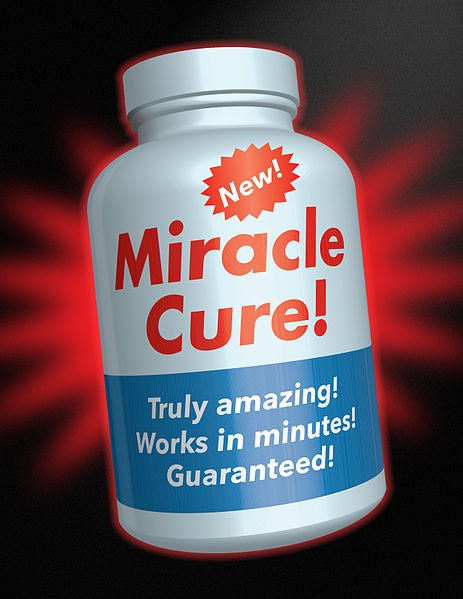
SOURCE
INTRODUCTION
What would you do if you found out that you never needed any medicine to get well? Imagine cancer vanishing after you swallowed a lollipop because you had believed it to be chemotherapy.
As to why I chose the French version of the phenomenon, I do not know. What I might dare to speak of are the remarkable things it has shown mankind about the human body-mind complex.
From field to field, the effects of the mind has been felt and shown to produce wonderful phenomenon, ones that would forever shake the core of our sciences.
It is no surprise that the placebo effect is often classified as a pseudoscience topic as it is quite difficult to understand and most times unpredictable. However, we cannot deny it’s profound effects from well conducted experiments/trials which have been done in attempts to understand this phenomenon.
A well known instance where the mind was seen to cause such a significant change in matter or what I would refer to as ‘the field’ was in the observer’s effect, where subjective consciousness has some effect on the properties of a particle. A better example would be the case of Franz Mesmer’s animal magnetism, where hypnosis was quite prolific and drew much unintended attention.
L’effet placebo is something more amazing. Could it be the cure to the incurable? Could our minds be the answer we have been searching for? Could science someday unveil immortality within man?
Rest with me as we take a smooth journey into L’effet Placebo
What is L’effet Placebo?
L’effet placebo is what I would choose to term “experiencing the cure in the absence of a true remedy.” Hence I could boldly tell you that “lies” can heal our bodies. It is also known as the placebo response and is quite a wonderful phenomenon where a fake treatment or procedure is seen to improve a patient’s condition simply because the patient expects it to be effective. In fact, one may be tempted to think that belief alone produces these effects but for some studies that are beginning to show that some genetic factors also predispose some people to the placebo effect.
Most of us born within the 20th and 21st centuries are familiar with terms such as positive thinking (I assume). Many people had claimed to be healed from such movements. However, the degrees of theses healing are not experimentally proven and neither are they satisfactory to the scientist.
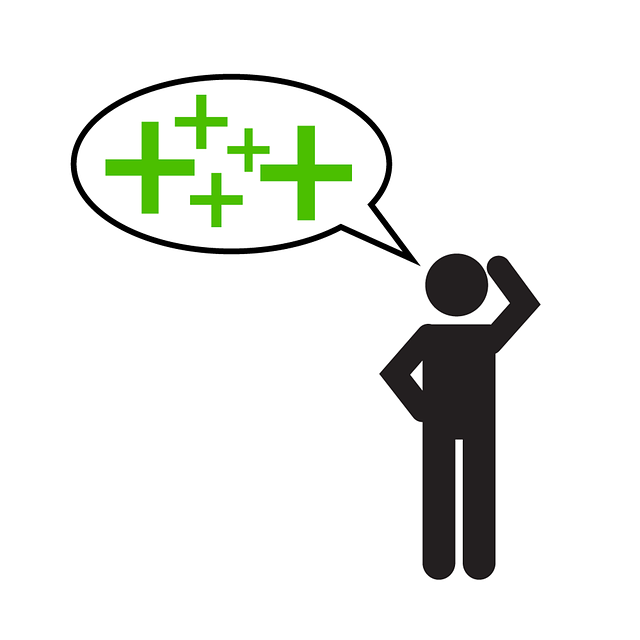
Source
Due to the influence of “positive thinking” on medication (some patients may expect the drug to work and actually feel better due to their ‘belief’) drug companies and pharmacological bodies designed procedures for testing drugs(clinical trials) where placebos were given in order to eliminate such influences.
As time went on, most of these studies began to notice positive responses in the groups taking placebos, the same responses seen in those taking actual medicines for specific uses. The very first scientific report on placebo effect was done by Henry K. Beecher (190-1976) in a work titled “the powerful placebo effect”. His inference was that some 32% of the patients responded to a placebo!
But what is really a placebo?

Source
From the days of our childhood, some of us had used placebos even without knowing. We were told to rub some table salt on our umbilicus to relieve abdominal pain or circumvent the defecation reflex (I mean no humour). Guess what, it worked many times over! How it worked, we did not know. We knew something worked!
A placebo could be a drug, an action, or something intangible. It could even be a word. Most times the word placebo is used, most times it refers to “false” medications designed to resemble the original in every way possible; in size, weight, smell, color, taste, dosage etc. essentially, they are “designed to deceive.”
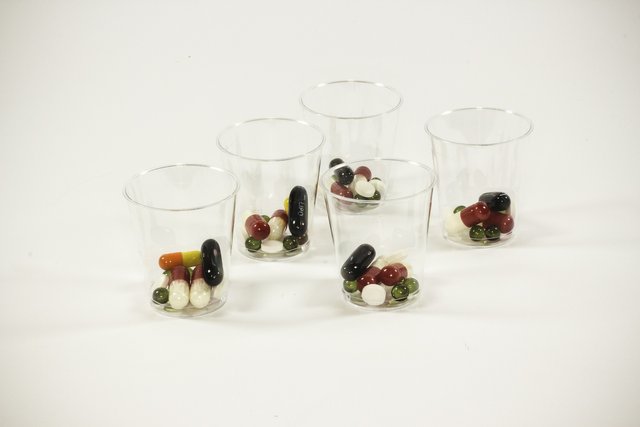
The subjective experiences of the placebo effect were not 100% reliable sources of true scientific information as falsifications are very possible since no method existed to test the efficacy of such a placebo.
Hence, clinical experiments have been invented and standardized as much as possible to effectively study the placebo effect. There had been cases where patient’s being injected with sterile water or saltwater showed responses similar to those expected from the true medications.
The commonest however is the use of sugar pills, consisting only of sugar with no medicinal value(relatively inert substances). How this mimics analgesics, hallucinogens, psycho-actives, anti-depressants, or cancer chemotherapy is what we didn’t know until recently. Now we know it’s in the Mind, the brain being the most important mediator of such amazing effects. Before I go on to some useful theories which could someday be laws of immortality, I’ll give us a few examples of L’effet Placebo.
A Few Examples:
- Placebo analgesia: the term used whenever placebo produces a pain relieving effect. A certain study led two groups of subjects to handle a hot substance with their hands. The first group was given true analgesics (morphine) while the second group was given a placebo without their knowledge. Pain relief was found in both groups to almost the same percentage. Pain is however subjective and is difficult to measure objectively.
- Anti-depressant placebo: over a 3month period, subjects under a certain study were found to benefit from placebo anti-depressant effects of a placebo. How amazing it is that the sugar cube in front of you can cure your sadness (provided you don’t believe it is just a sugar cube).
- Anti-tussive Placebo: another review of cough medication found that a greater percentage who had a reduction of cough symptoms benefitted more from placebo compared to a smaller percentage of the active ingredient! What if all drugs worked only because we believed they did? Or what if they sometimes failed because we didn’t believe they would work?
- Erectile dysfunction: A typical example (my favorite) which I will discuss as you read on is the use of placebo to treat erectile dysfunction. Placebos were even found to improve the condition up to the same percentage of improvement done by the original Phosphodiestarase type 5(PDE%) inhibiting drugs!
This showed it’s potential of affecting neuro-physiological pathways of our bodies!
Could classical Viagra be as cheap as a sugar cube on your table? I believe so because ”belief” is cheaper than the cheapest drug.
Typical Example
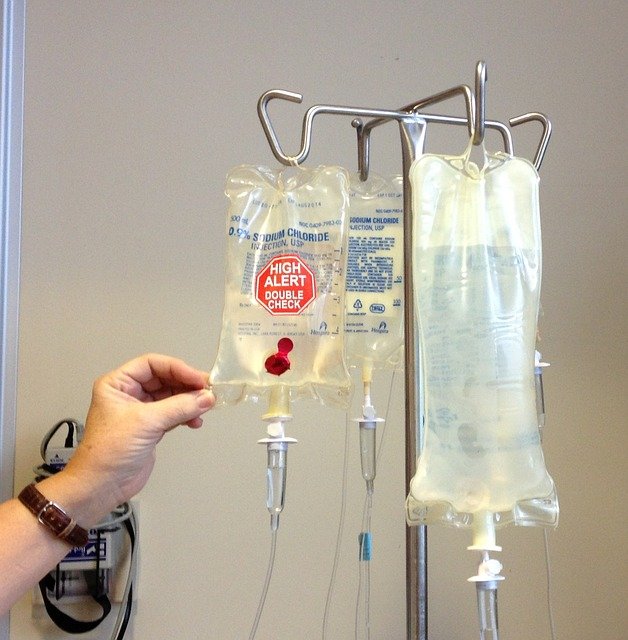
The case of ‘Mr. Wright’
The case of Mr. Wright dates back to the 1950’s and is usually in connection with Krebiozen.
Krebiozen is a disproven cancer treatment what was once promising but later shown to be completely ineffective. Krebiozen was initially promoted by Steven Durovic, a Yugoslavian Physician claimed that the drug had produced cure to cancer! Later, Ivy ( a contemporary) tested the same drug and supported its effectiveness in cancer chemotherapy as it cured some patients who were still alive. However, he had lied because 10 patients had died even with Krebiozen usage.10
Later on, cancer research centers attempted to replicate the so called ‘anti-cancer’ drugs. The whole cluster of events ended with a court case against krebiozen.
During this period, Mr. Wright was suffering from a severe stage of a lymphoma in 1957. The drug was administered to the patient and at such a time when the drug was designated “the miracle cure”. When given krebiozen (ineffective as it was), the tumor was noticed to ‘melt away’ leading to complete response.
 Source
Source
However, when the press released statements against the ‘miracle cure’, saying it was fake, Mr. Wright had a major relapse and his tumors grew back.
The caring doctor, in an attempt to relieve his patient’s depression decided to patient some other way. After convincing Mr. Wright that he had a newer version of Krebiozen, the recently press-slammed drug, he injected distilled water into the patient. Guess what?
Mr Wright recovered completely after the placebo treatment!
Unfortunately, the zealous press released a scientifically and experimentally true statement that Duric’s magic drug was never effective at any point in time! Mr. Wright went into a chronic relapse and died shortly after the sad news.
Now this is quite a sad story. Would it not be better to say that lies saved the poor man than “truth killed him”.
Can lies actually trigger our body’s Immune system to fight cancer?
Study on erectile dysfunction:
A certain study by de Araujo AC, et al.9 done to evaluate the effect of therapeutic illusion in the treatment of erectile dysfunction proved that placebo produced improvements in erectile function in all groups of subjects.
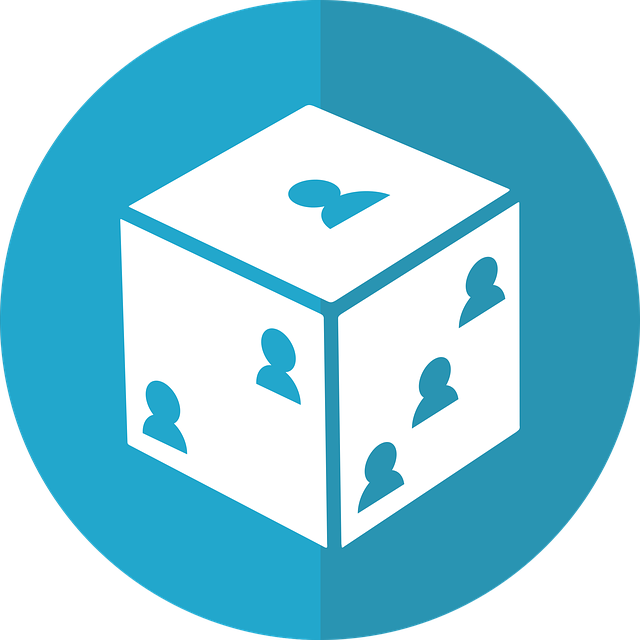
source
The subjects were split into 3 groups. The first group was informed that they were going to receive the ideal treatment for erectile dysfunction. The second group was told that they were to receive either a placebo or an ideal drug. In the third group, they were told that they would receive placebos as treatments for erectile dysfunction.
Using scores including the international index of erectile dysfunction and the quality of erection questionnaire, results were assessed and it was shown that erectile dysfunction was severely decreased in all 3 groups.
It was proven that prescribed “therapeutic illusions” had little effects on such patients compared to the use of placebo drugs.
Though therapeutic illusions had little effect, an effect existed and I believe we would someday create ‘mind drugs’ which only work because we want them to work. Such would have no side effects because we don’t believe in side effects and such would never be expensive or run out of supply!
How does it work?
For some years, L’effet placebo was considered to be the result of the imagination. However, with the advent of new modalities and methods of monitoring the body’s function, it’s now well known that the placebo effect is way more advanced than the work of the imagination.
In this paragraph, I will attempt to combine both “how it works” with “what science says”
Expectation and conditioning
The very first way this could occur is by expectations and conditioning. Expecting patients usually tend to experience this effect.2 Expectation could be based on the doctor administering the drug, or on the treatment itself.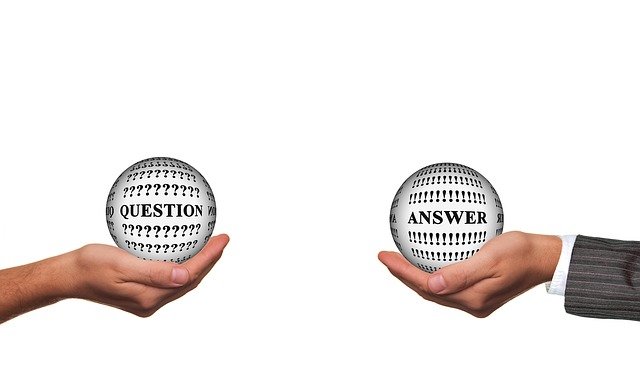 Source
Source
How does expectation work? Some consider it to be as a result of a drop in stress hormones or a psychological re-interpretation of existing symptoms. Hence, severe pain could be interpreted as slight discomfort in the affected region. It is also true that if an individual does not expect a placebo to work, the placebo is not likely to work. More so, if he expects side effects, it could be experienced (nocebo effect).
A certain study gave opoid placebos to subjects who were previously taking true opoids (morphine, hydro-morphine, codeine, hydrocodone etc) . It was quite astonishing to find the most dreaded side effect opoid usage, respiratory depression, in patients who took nothing but sugar pills!
How clear can I make it? The brain mimicked the effects of a drug in the absence of the drug
On the other hand, classical conditioning says that patients are used to getting well after taking drugs and therefore get well after being given placebos.
The placebo effect and brain changes
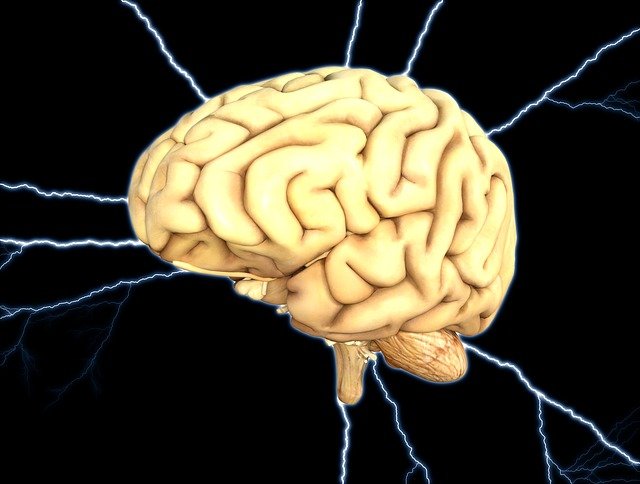
source
Imaging studies of the brain have shown significant changes in the brain tissues of those subjects who experienced the placebo effect and this was seen in the ‘Placebo analgesic effect”.
Implicated regions of the brain included; parts of the brainstem, spinal cord, nucleus accumbens and the amygdala.2
Stronger placebo responses were shown to cause a rise in levels of excitatory neurotransmitters like dopamine and an increased opoid receptor activity. Some of these changes occurred in areas of the brain which are also utilized by antidepressant drugs. I believe it means that “a sugar pill can act as an anti-depressant as far as you can believe it to be true”.
Psychoneuroimmunological thoughts of L’effet placebo
Although a relatively new area of scientific research, it has shown that there is a direct effect of brain activity on the immune system. Ongoing researches in the field are aimed at understanding the neurobiological mechanisms of the Placebo in immune-suppression, Parkinson’s disease and depression.
I believe it a promising field that would cure the world someday.
Why placebo effect may be a wonderful Medication
The effect of a placebo does not show that the content of the placebo is of any therapeutic value. It however shows that the cure to diseases may just be within our minds!
This is no way to substitute classical medications which has been shown to work in diverse ways without failure.
Think about it, placebo effect can mimick effects of just any drug ranging from analgesic, anti-depressant, anti-bacterial, anti-cancer, anti-histamine effects!
The placebo only serves the function of waking the mind up. No wonder Professor Ted Kirsch of Harvard-affiliated Beth Israel Deaconess medical centre says:
“ the placebo effect is more than positive thinking-believing a treatment of procedure will work. It’s about creating a stronger connection between the brain and the body and how they work together” May 2017. 7
My thoughts
One would quickly want to assume that you cannot make another human believe whatever you needed him to believe. Well it’s quite correct. However, Fields which deal with hypnosis and hypnotherapy wouldn’t say the same. With hypnosis, one could be convinced that the placebo is the real medication and such suggestion could be the ‘drive’ of the placebo effect.
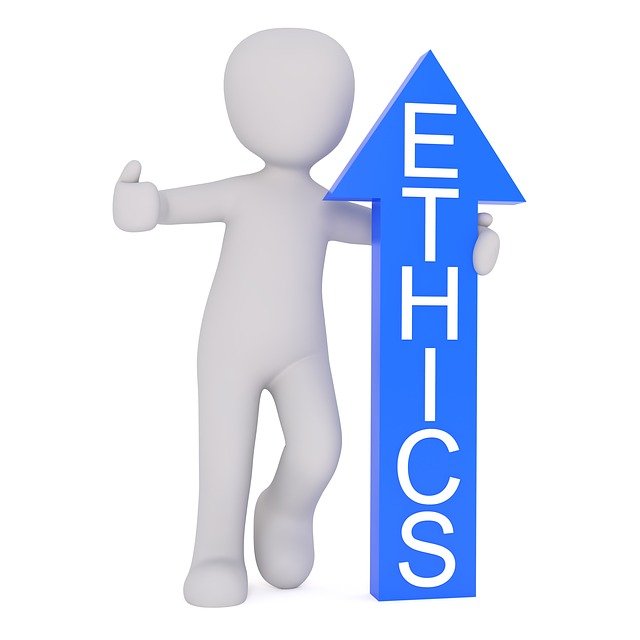
Source
Ethical issues would interfere with potential interventions using this means, I believe.
However, that should not stop proper experimentation after a well informed consent has been gotten from subjects to be.
We would soon learn how to heal ourselves.
REFERENCES
[1]https://www.drugs.com/article/placebo-effect.html
[2]https://www.medicalnewstoday.com/articles/306437.php
[3]https://www.scientificamerican.com/article/placebo-effect-a-cure-in-the-mind/
[4]https://psychologenie.com/what-does-placebo-effect-mean
[5]https://en.m.wikipedia.org/wiki/Placebo#cite_note-23
[6]https://www.verywellmind.com/what-is-the-placebo-effect-2795466
[7]https://www.health.harvard.edu/mental-health/the-power-of-the-placebo-effect
[8]https://www.theworldcounts.com/life/potentials/placebo-effect-examples
[9]https://www.ncbi.nlm.nih.gov/m/pubmed/19758285/
[10]https://en.m.wikipedia.org/wiki/Krebiozen
IMAGES
All Images are well referenced and licensed under creative commons.
Image credit goes to Pixabay and wikicommons.
Authoured by @wordswithhoney, the human anti-cancer agent.
Very very nice info bro.... very nice medicine.
Thanks. Hope you learnt something from it.
Congratulations @wordswithhoney! You have completed the following achievement on Steemit and have been rewarded with new badge(s) :
Click on the badge to view your Board of Honor.
If you no longer want to receive notifications, reply to this comment with the word
STOPTo support your work, I also upvoted your post!
This post has been voted on by the steemstem curation team and voting trail.
There is more to SteemSTEM than just writing posts, check here for some more tips on being a community member. You can also join our discord here to get to know the rest of the community!
Hi @wordswithhoney!
Your post was upvoted by utopian.io in cooperation with steemstem - supporting knowledge, innovation and technological advancement on the Steem Blockchain.
Contribute to Open Source with utopian.io
Learn how to contribute on our website and join the new open source economy.
Want to chat? Join the Utopian Community on Discord https://discord.gg/h52nFrV